detail profile hans sotin
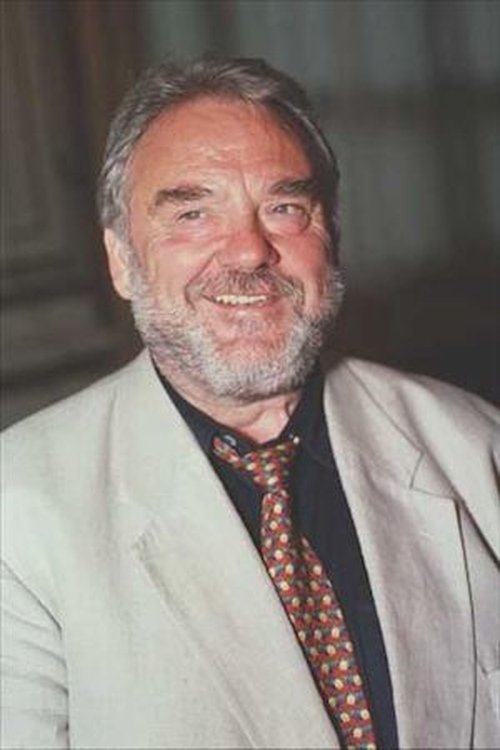
Info Pribadi
Peran Yang Di Mainkan Hans Sotin
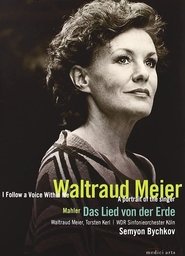 Waltraud Meier is La Wagnerissima the...
Waltraud Meier is La Wagnerissima the...Waltraud Meier: I follow a voice within me 2008
Waltraud Meier is “La Wagnerissima”, the queen of Wagner’s repertoire. In her very personal account “I follow a voice within me”, we enter her world and learn about her motivations, aspirations, and her joyful way of pursuing them. In addition to personal insights, this truly ingenious portrait presents Waltraud Meier on stage and in rehearsal in her most celebrated Wagner roles and as an interpreter of Mahler’s Lieder. It becomes clear how she coined today’s musical world when other great musicians such as Daniel Barenboim or Plácido Domingo speak about her and her work. This beautiful portrait of one of the greatest interpreters of our time is rounded off with a powerful recording of Mahler’s “Lied von der Erde”.
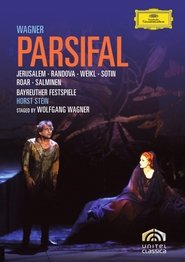 Wolfgang Wagners Bayreuth production of his...
Wolfgang Wagners Bayreuth production of his...Wagner: Parsifal 2007
Wolfgang Wagner's Bayreuth production of his grandfather's 'farewell to the world'has 'an unusual beauty and logic of its own ... with a double stress - on nature undefiled and on a form of religious symbolism ... There is an air of magic and mystery about the staging ... The performance was excellent ... Horst Stein conducted a beautifully proportioned Parsifal'. New York Times
 These recordings are with two different...
These recordings are with two different...Mahler Symphonies 1 & 8 (Symphony of a Thousand) 2006
These recordings are with two different orchestras (Mahler 1st with the Chicago Symphony and the 8th with the London Philharmonic). Tennstedt's live performances are much better than his studio versions of the same works, and it's wonderful to watch him coaxing what he wants from the players. Even though he conducts from the score rather than from memory, he always seems to be directly connected to the orchestra in an almost magical way. The sound is good in both performances, and there is a sense, on both occasions, of being present for something quite special. These are great performances.
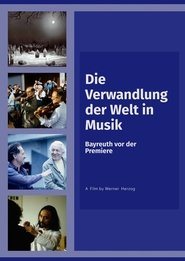 This film was prepared as a...
This film was prepared as a...The Transformation of the World Into Music 1996
This film was prepared as a introduction to a series of opera broadcasts on German television. It depicts the behind-the-scenes manoeuvrings in preparation for the annual opera festival in Bayreuth.
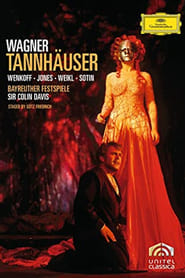 TANNHUSER UND DER SNGERKRIEG AUF WARTBURG...
TANNHUSER UND DER SNGERKRIEG AUF WARTBURG...Tannhäuser and the Singers' Contest at Wartburg Castle 1978
TANNHÄUSER UND DER SÄNGERKRIEG AUF WARTBURG is a grand opera by Richard Wagner in three acts. After experiencing boundless sensuality and freedom with the fun-loving Venus (soprano), the singer Tannhäuser (Tenor) finds it impossible to conform to the cultured setting of his betrothed Elizabeth (soprano), who loves him. During a singing contest, Tannhäuser describes the affair with Venus as the ultimate love experience and because of that, he is cast out from the established society. Thanks to Elizabeth's intervention, he is allowed to undertake a pilgrimage to the Pope to ask for the Holy Father's pardon. If the Pope accepts to forgive him, he would be allowed to take back his place in society. Tannhäuser accepts. But fate will not allow him to meet with his beloved Elizabeth again in this life. This is a recording of the legendary staging by Götz Friedrich for the 1978 Bayreuth Festival conducted by Sir Colin Davis.
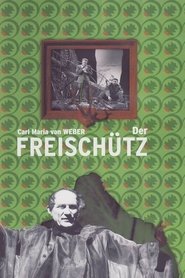 Director Rolf Liebermanns 1968 filmedforTV production of...
Director Rolf Liebermanns 1968 filmedforTV production of...Weber: Der Freischütz 1968
Director Rolf Liebermann’s 1968 filmed-for-TV production of Carl Maria von Weber’s opera, with the Hamburg State Opera performing an adapted stage version. Soloists include Bernhard Minetti, Toni Blankenheim and Arlene Saunders. The conductor is Leopold Ludwig.
 In the late 1960s Rolf Liebermann...
In the late 1960s Rolf Liebermann...Fidelio 1968
In the late 1960s Rolf Liebermann, the legendary intendant of the Hamburg State Opera, had the visionary idea of presenting a number of operas in filmed versions, among the first ever done in color, to be shown on German television. This is the historic recording of a 1968 production by the Hamburg State Opera.
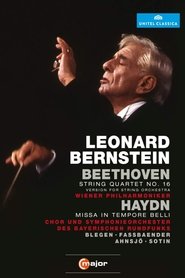
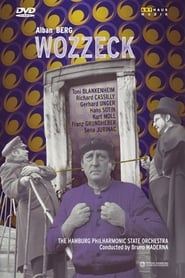 Alban Bergs disturbing opera masterfully translated...
Alban Bergs disturbing opera masterfully translated...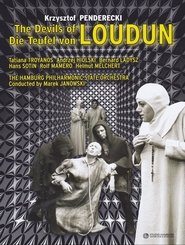 This opera revolves around the demonic...
This opera revolves around the demonic... A tsar and a carpenter switch...
A tsar and a carpenter switch...